
India is rapidly expanding its renewable energy sector with a focus on solar, wind, and green hydrogen, aiming for net-zero emissions by 2070. Recent developments include plans to boost electrolyser manufacturing to 100 GW by 2030, underscoring India's commitment to leading in global green hydrogen production despite current project uncertainties.
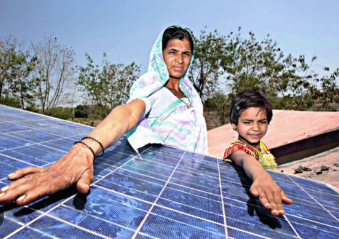
India is set to witness a significant boost in its renewable energy capacity in the fiscal year 2024-2025, with projections indicating an addition of 30-35 gigawatts (GW). This anticipated growth is part of India’s broader strategy to transition to cleaner energy sources and reduce its carbon footprint.
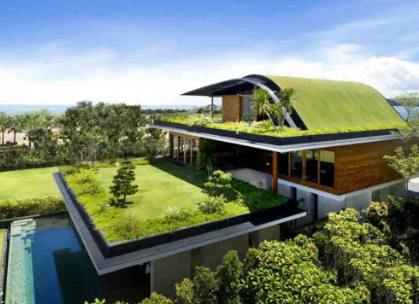
As the world becomes increasingly aware of the importance of sustainability, many homeowners are seeking ways to make their living spaces more eco-friendly. Here are some practical tips to help you create a more sustainable home:
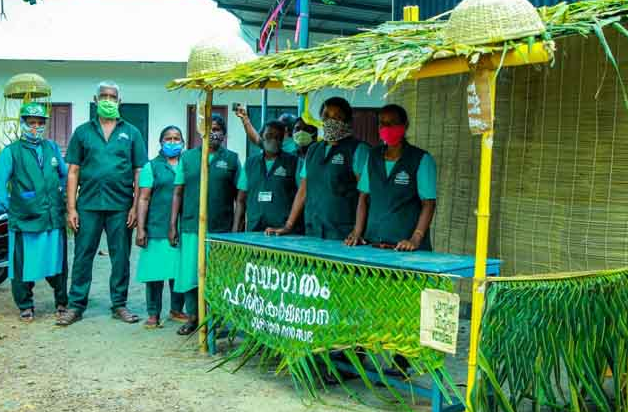
In a progressive move towards environmental consciousness, Kancheepuram, a district in Tamil Nadu, India, has unveiled four eco-friendly polling booths. These innovative booths aim to minimize the environmental footprint associated with electoral processes. Embracing renewable energy sources, each booth is equipped with solar panels, ensuring a sustainable power supply throughout the voting period. This initiative not only reduces dependency on traditional energy sources but also sets a precedent for harnessing clean energy in public infrastructure.

The Ministry of New and Renewable Energy (MNRE) has changed its criteria for implementing the PVTG solar power program under the PM JANMAN project.
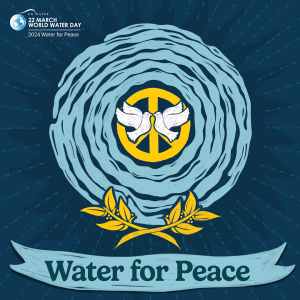
World Water Day 2024, held on March 22nd, intends to address the global water situation by concentrating on the theme 'Leveraging water for peace'.
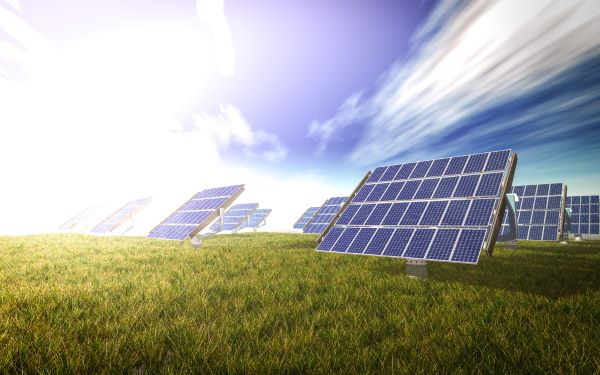
India confronts a severe dilemma with the growing volume of solar photovoltaic (PV) waste as it strives for a solar capacity of 292 GW by 2030.
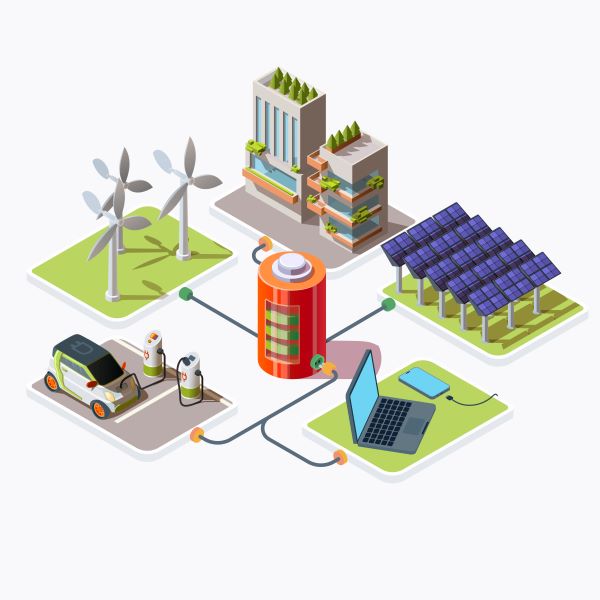
GoodEnough Energy announced plans to launch India's inaugural battery energy storage gigafactory in Jammu and Kashmir by October.
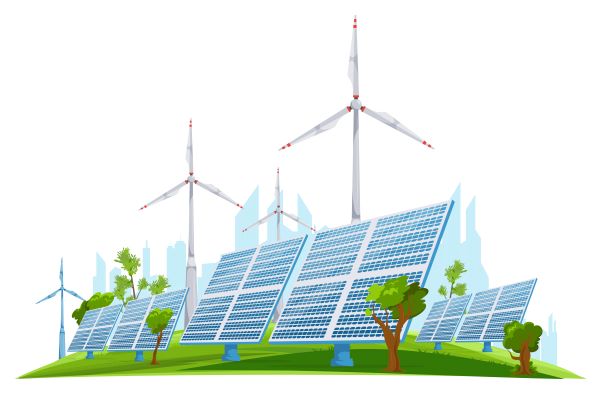
More than half of Africa's population lacks basic access to power, which poses a hurdle to long-term development. To address this issue without aggravating global warming, Rwanda and Germany collaborated to create the Renewable Power Plant Database Africa. This database focuses on the possibilities of renewable energy sources such as hydro, wind, and solar.
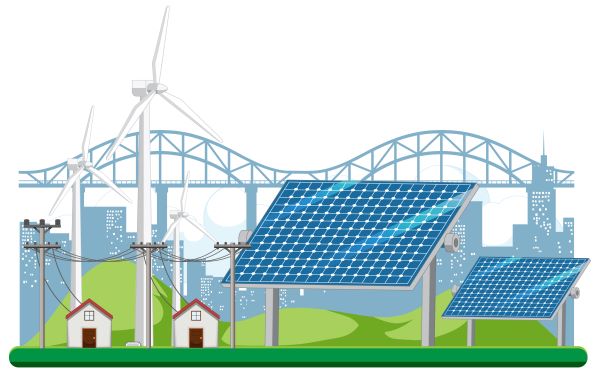
India's solar capacity is expected to reach 292 gigawatts by 2030, with an estimated increase of solar waste reaching 19,000 kilotonnes by 2050, mostly due to additional capacities.